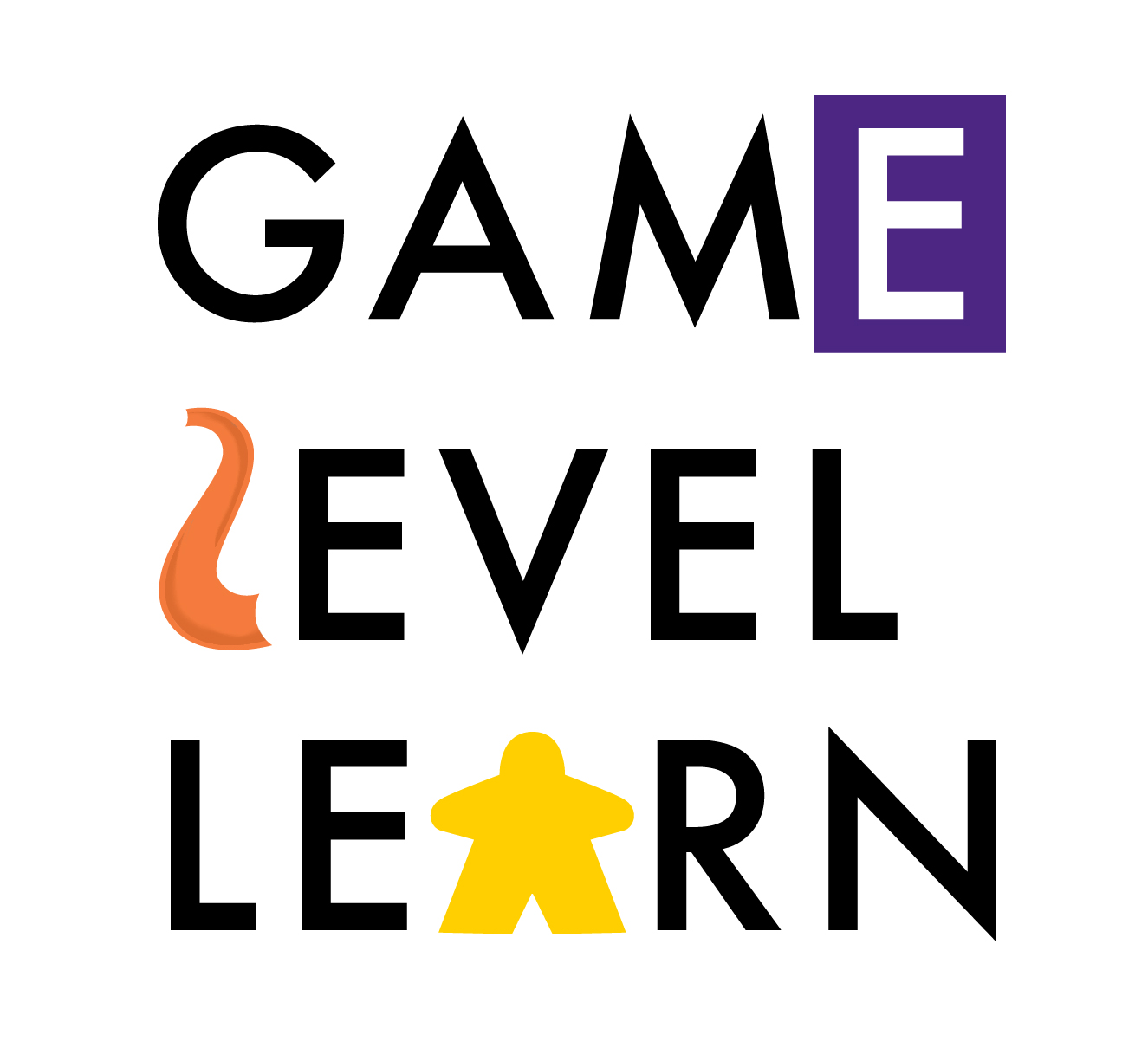Experience Points The Peer-to-Peer Way
/Those of us who remember the old days of Advanced Dungeons & Dragons (or the even more classic editions predating AD&D) can’t help but marvel at the roleplaying renaissance that’s been going on for at least the last ten years or so. In that time, one of the most innovative of these new independently-published RPGs has to be Numenera. Set in the “Ninth World,” (essentially an Earth so transformed by technology and change as to be unrecognizable…but still fundamentally Earth at the same time…you have to play to see what I mean) Numenera brings a host of innovations to the table that old-school gamers could really appreciate.
This article isn’t about the play experience of Numenera, though. Rather, it’s about one mechanic in the game that could easily be ported into your gamified classroom. Useful in any gamified classroom setting, this particular mechanic is uniquely suited to a classroom where you’re using avatars, skill systems or other forms of mimicry.
In every roleplaying game there is a system by which characters earn experience points (XPs), gain levels (reflecting that increased experience) and generally gain abilities to interact with the game world with greater and greater success. These experience point systems make it possible for characters to defeat challenges that in an earlier stage in the game would have been impossible.
Experience systems always begin and end with the evaluation of the player’s work in that particular game session by the gamemaster. Every game has some rubric, (usually not very sophisticated) that helps the gamemaster make decisions about the awarding of experience. Experience points are a highly valuable commodity as they determine the speed at which characters progress.
Numenera has this kind of experience point system, but it adds a twist…there’s also a way for players to award experience points to the other players. That, from a gaming perspective, is revolutionary. In certain circumstances, the gamemaster in Numenera can offer a player what’s called an “intrusion.” In an intrusion, the gamemaster does something or changes something that alters the course of the game or interferes with players’ decision making in some way. Players don’t have to accept an intrusion, but when they do, they earn an experience point for themselves and an experience point that they have to give away to one of their fellow players. In this way, the players themselves are always part of the process of rewarding excellent play.
Envision a class experience where your students have created avatars to represent themselves. Over the course of the unit/course, the avatars in question are going to gain experience through defeating obstacles and gaining knowledge and skills (sound familiar?). You could create a list of skills that are of interest to you…that you want your students to gain mastery in (like using punctuation correctly, understanding the difference between parts of a cell or synthesizing non-fiction reading) and give your students the capacity to recognize these skills in their peers. Perhaps there are some skills that an avatar can level only by gaining experience from fellow players.
In this way, you help your students understand the particulars of the learning objective. Moreover, you help them see the value of these particulars and to see the value contributed to the class as a whole by different classmates. This can, with thoughtful management by you, help develop a positive classroom culture.


